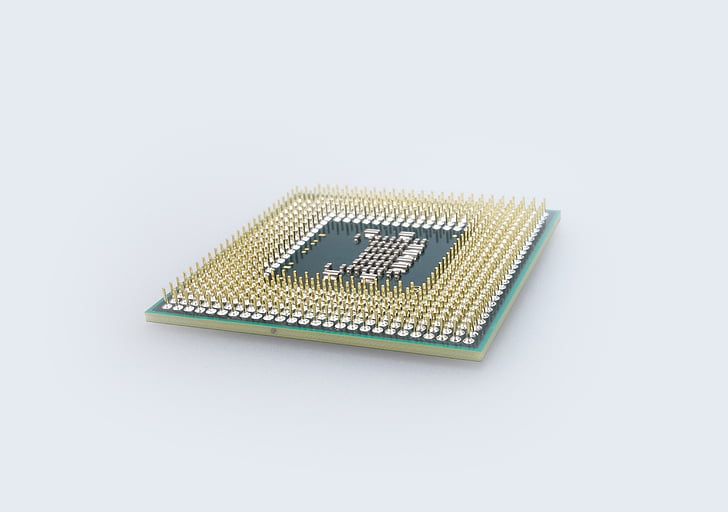
Malaysia is playing an increasingly important role in the effort to stop advanced AI chips of U.S. origin from being exported to China.
On Monday, the Malaysian Ministry of Investment, Trade and Industry announced new export restrictions requiring individuals and companies to notify Malaysian authorities at least 30 days before exporting or transshipping U.S.-origin AI chips. These regulations take effect immediately.
“Malaysia stands firm against any attempt to circumvent export controls or engage in illicit trade activities by any individual or company, who will face strict legal action if found violating the STA 2010 or related laws,” the Ministry said in a press release.
Rising Concerns Over AI Chip Smuggling to China
Reports of smuggling U.S. AI chips into China have increased in recent months. In April, AI firm Anthropic detailed the existence of sophisticated smuggling networks bringing chips into China by unconventional means. According to Anthropic, smugglers have used methods such as hiding GPUs in prosthetic baby bumps or shipping them alongside live lobsters.
Anthropic’s blog post supported the idea of stricter U.S. export controls on AI chips to curb these illicit activities. Such restrictions are expected to be implemented soon.
Last week, Bloomberg reported that the Trump administration intends to expand export restrictions on AI chips from companies like Nvidia to countries including Malaysia and Thailand, aiming to block alternative routes through which China might acquire these critical technologies. No official announcement has been made yet.
The U.S. Department of Commerce is also developing a broader set of AI chip export regulations following the formal rescinding of the Biden administration’s AI Diffusion rules in May.
Author’s Opinion
Malaysia’s new export controls underscore how global cooperation is vital in regulating AI technology flows. As nations race to develop AI, the potential for illicit trade and technology diversion grows. It’s encouraging to see countries like Malaysia take a firm stand, but this issue will require ongoing vigilance and multilateral coordination to effectively manage the risks and maintain technological leadership.
Featured image credit: PickPik
For more stories like it, click the +Follow button at the top of this page to follow us.
